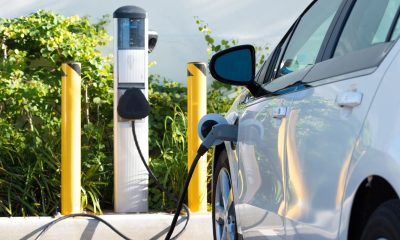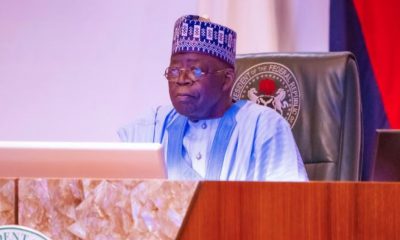NIGERIA has been described as a country with great potentials, especially in the auto industry where it could become the hub of Africa if the right policies are put in place.
According to a recent report released by PricewaterhouseCoopers, with the new automotive policy, and the rush by auto makers to establish Assembly plants in the country will eventually led to the total removal of imported used cars by 2050.
The report stated that the new automotive policy is going to push for the industry to have this semi knocked down and complete knocked down kits.
“The government has now polices meant to actively encourage car production in Nigeria. The interesting thing about the car industry is that it is easy to get local production going by bringing semi knocked down kits (a kit containing parts needed to assemble a product) and complete knocked down kits,” the report stated
Andrew Nevin, Partner Africa Strategy and Operations at PwC Nigeria said there was appetite for new cars in the economy urging the sector to improvise a workable model.“The reality is that Nigeria is the biggest economy in Africa, it has 14 million cars on the roads but there is only 100,000 new cars purchased every year. So people look at it as a small market,” he said.
“Of those 100,000 cars about 50 thousand are imported. As the economy grows, people will not want to buy used cars but news cars. People want to buy cars but there are challenges with both income and credit gaps.”
According to Nevin, aside from the lack of basic infrastructures such as electricity, the lack of credit facility also hindered the growth of the industry. He said there was need to offer credit to prospective new car buyers like most economies were doing.
“We think that one of the biggest barriers is lack of credit. Most of the economies do not sell cars through a cash basis but they buy through borrowing, this needs to be addressed in Nigeria,” added Nevin.
He believes the government’s policy clarity is set to boost the sector.

 Health1 week ago
Health1 week ago
 Latest7 days ago
Latest7 days ago
 News1 week ago
News1 week ago
 Business6 days ago
Business6 days ago
 Business1 week ago
Business1 week ago
 Business1 week ago
Business1 week ago
 Business7 days ago
Business7 days ago
 Latest1 week ago
Latest1 week ago












